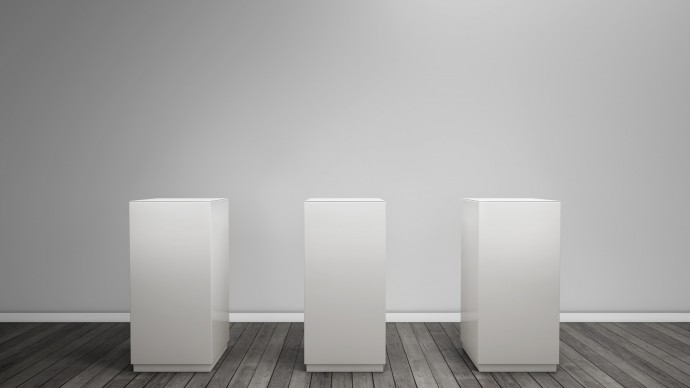Netflix might tell us why the election polls were wrong

It’s said that so-called ‘shy Tories’ swung the General Election: those people who are unwilling to admit to pollsters that they vote Tory for fear of a negative response, but who put their cross next to a Conservative candidate’s name in the privacy of the polling booth.
‘Shy Tories’ is basically a shorthand for a particular form of social desirability bias. When asked questions by pollsters, we may be unwilling to admit views that we think might upset pollsters. After all, most people like to please people.
Online polls, so the theory goes, should be less susceptible to social desirability bias because they remove the imposing pollster from the equation. Peter Kellner, President of YouGov suggests:
One of virtues of online research is, or should be, that it allows respondents to submit their views with complete anonymity, as there is no stranger watching over them or listening to their answer.
Or should be. An important caveat given that YouGov, online pollsters, were as wrong in their General Election predictions as telephone pollsters.

So perhaps social desirability bias exists online just as much as elsewhere. Perhaps. And there’s an intriguing piece of evidence from, of all places, Netflix, which described this week putting much greater emphasis on recommending shows based on what people actually watch, as opposed to how they rate individual shows. Todd Yellin, Netflix‘s VP of Product Innovation reports:
Most of our personalization right now is based on what they actually watch, and not what they say they like, because you can give five stars to An Inconvenient Truth because it’s changing the world, but you might watch Paul Blart: Mall Cop 2, three times in a few years … so what you actually want and what actually say that you want are very different.
Is rating something highly because it’s changing the world rather than because you actually enjoyed it a form of social desirability bias? I reckon it probably is. I reckon it’s an attempt to make ourselves feel more educated and ‘worthy’.
And if we fake our Netflix ratings, conning only ourselves, why wouldn’t we equally fake our responses to online polls?
This post was filed under: Election 2015, News and Comment, Politics, Netflix, Peter Kellner, Polling, Todd Yellin.
